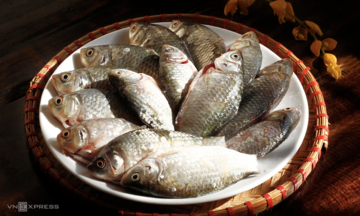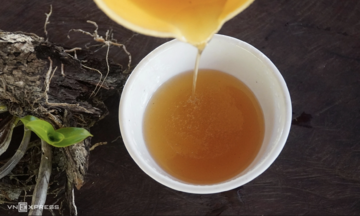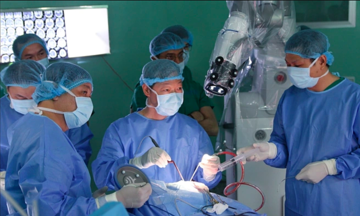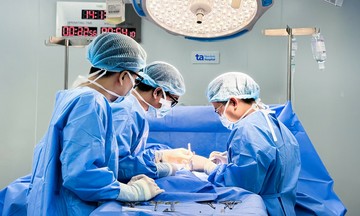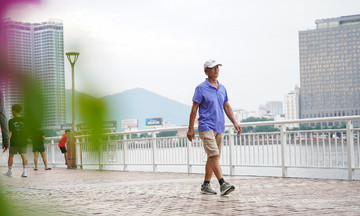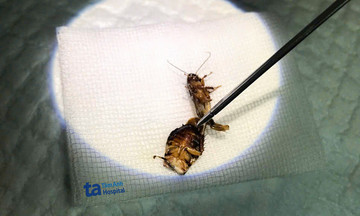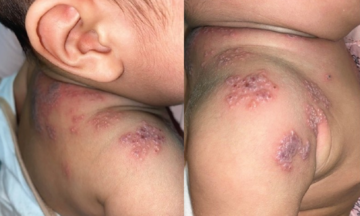High fever, joint pain, headaches, and skin rashes are characteristic symptoms of dengue fever. Those with mild cases may not require hospitalization and can manage their symptoms at home with proper care and diet to boost their health, alleviate discomfort, and accelerate recovery.
Recommended foods:
Multigrain porridge is a healthy breakfast option. The fiber content and nutritional value of multigrains provide patients with the strength to combat the illness. It's easily digestible and suitable for dengue fever patients.
Soup can soothe dengue fever symptoms. Opt for lightly seasoned chicken or mushroom soup for easy digestion.
Oranges are rich in essential nutrients like vitamin C and antioxidants. Their high fiber content aids digestion, making them suitable during illness.
Herbal teas can alleviate dengue fever symptoms. Patients can choose from cardamom, mint, or ginger. These herbs, especially ginger with its anti-inflammatory and antioxidant properties, can help reduce fever.
Coconut water is a natural source of hydration, rich in essential minerals and electrolytes. It replenishes body fluids, reducing the risk of dehydration during fever.
Fresh vegetable and fruit juices made from carrots, cucumbers, and leafy greens are beneficial during dengue fever. These vegetables contain essential vitamins and minerals that strengthen the immune system and relieve pain.
Fruit and vegetable juices provide vitamin C, an antioxidant that stimulates collagen production and boosts the immune system. Fruits like oranges, pineapples, strawberries, guavas, and kiwis increase lymphocyte production, aiding in fighting the virus. Dengue patients should drink plenty of fruit and vegetable juices.
Neem leaves, also known as Indian lilac, have antiviral properties. Extracts from neem leaf solutions can inhibit the dengue virus, helping reduce symptoms.
Foods to avoid:
Dengue patients shouldn't fast but consume easily digestible liquid foods in small, frequent meals throughout the day. Drink plenty of fluids to prevent dehydration and electrolyte imbalance.
Avoid coining therapy (cao gio) and bloodletting. Some believe these practices "remove excess blood" from the characteristic skin rashes, but they can cause uncontrolled bleeding. The resulting wounds can lead to infection and blood clotting disorders.
Never self-medicate without consulting a doctor, as this can mask severe symptoms. Patients might mistakenly believe they're recovering and delay seeking medical attention, leading to complications like dengue shock syndrome.
Avoid using aspirin or ibuprofen to reduce fever, as these can cause severe bleeding and stomach ulcers. The correct method is to take paracetamol at a dosage appropriate for your weight, every 4-6 hours, when body temperature reaches 38°C or higher. Avoid continuous use, short intervals between doses, or taking it when the temperature is below 37°C, as this can lead to overdose or overuse, potentially damaging the liver and causing gastrointestinal bleeding.
Dengue patients should seek medical attention and follow their doctor's instructions. Avoid IV drips at private clinics or inadequately equipped medical facilities due to the risk of fluid overload, which can cause edema, heart failure, and complicate further treatment.
Bao Bao



